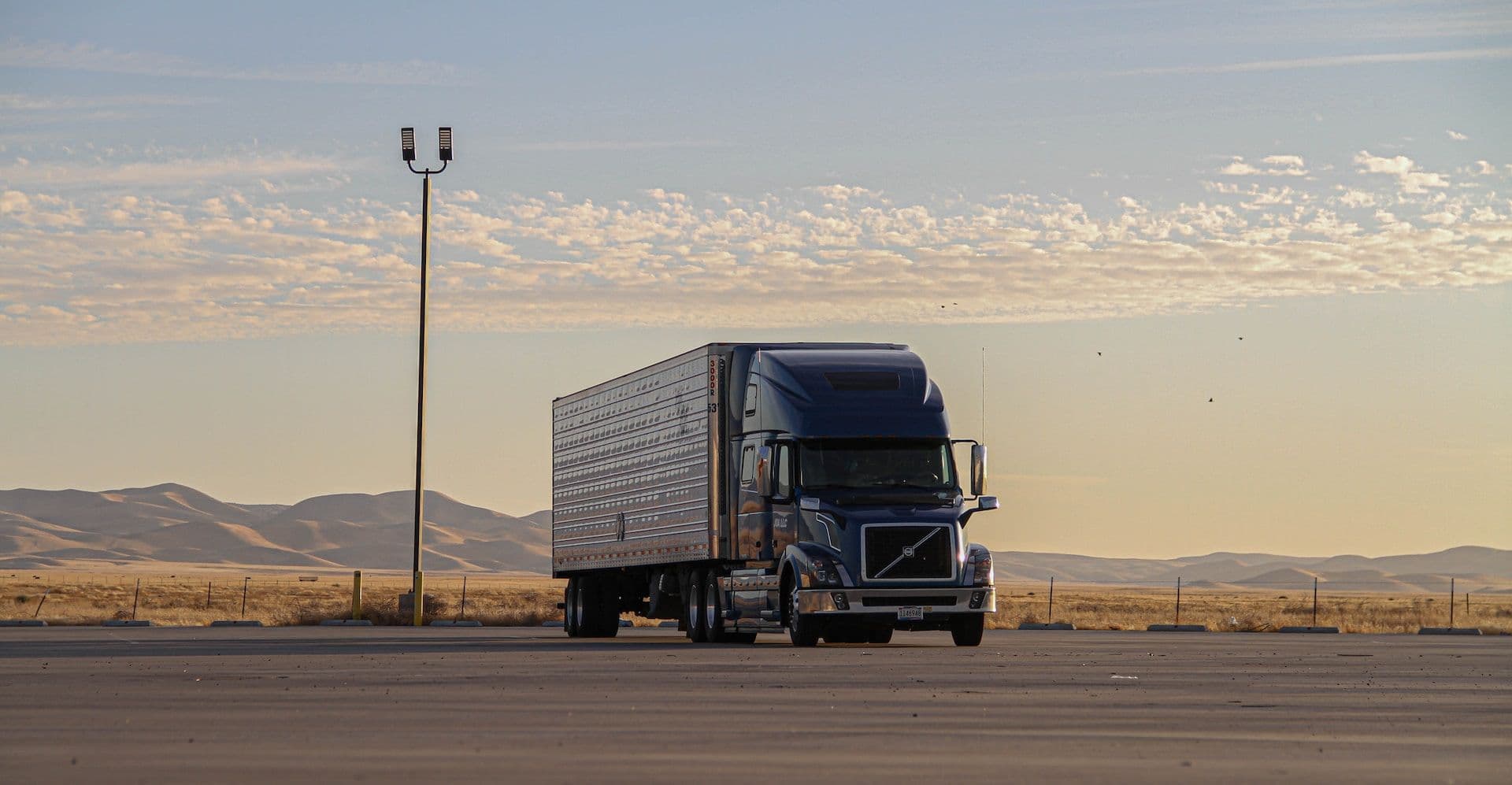Key Features Forwarders Should Prioritize in TMS Software
Implementing a top-tier forwarder transportation management system (TMS) can significantly enhance any freight forwarder's logistics operations, from small businesses to large multinational corporations. Choosing a scalable, modular TMS that meets the specific needs of each client is crucial. Descartes provides the customer support necessary to ensure that TMS users always receive the training and solutions they need.
The Importance of Tailored Service
As a company’s forwarding needs evolve, so should its TMS. Customer expectations and regulatory requirements are constantly changing, necessitating a scalable solution that can grow with the specific needs of the business. Glenn Palanacki, vice president of industry solutions at Descartes, emphasizes that it is vital for forwarders to choose the right TMS for their long-term needs.
"If we’re being honest, there are a lot of forwarders to choose from," Palanacki said. "If I’m a shipper, there are plenty of companies that can move freight globally."
Those forwarders need to stand out in order to win new business and maintain strong partnerships. Palanacki stated that exceptional, tailored service is the best way for any forwarder to differentiate itself.
"For a forwarder to really optimize their service, they need a highly tailored TMS that fits the way that clients run their businesses," explained Palanacki.
That's where Descartes comes in.
"These are complex organizations handling diverse freight movements, and they really need solutions that can match those complexities," Palanacki said.
Blending those challenging, highly situational needs with the ethos and operation of the freight forwarder is what Descartes specializes in.
"When we speak with new customers, we start by trying to understand how our TMS can fit their needs," Palanacki said. "We ask them why they’ve implemented each of their processes, and sometimes it’s because they had technical limitations.
"Because we can offer so much more flexibility, our customers can often revolutionize how they’ve done things in the past."
"Let us do what we do best and help you dial in from a system setup standpoint," Palanacki continued. "It’s our goal to blend your needs with the needs of your clients. I might say that’s an art, I might say that’s a science."
Companies should keep scalability in mind from the beginning, particularly in the case of forwarders, which have to remain adaptable. While entry-tier software might offer basic functionalities, those solutions may not be equipped to meet the needs of new clients.
Long-term Support and Customer Care
Choosing a provider that supports seamless integration of new features and modules is a major factor in future business growth. Investing in a TMS with robust integration capabilities may have a higher upfront cost, but this investment will save time and money in the long run by streamlining operations and reducing manual tasks.
Choosing a TMS provider with dedicated expert support can help companies stay agile and responsive while simultaneously reducing frustration. While outsourcing support might be cheaper, the potential impact on operations and reputation can easily outweigh the cost savings.
"When our sales team meets with new potential customers, we intentionally slow down to ask good questions," Palanacki explained. "We don’t want to waste their time, so it’s important that we ensure there’s a good fit."
Moving a back-office system that may interact with sales, operations, analytics, and accounting should be a carefully calculated decision, and Descartes prioritizes alignment and flexibility in working with freight forwarders.
"Unlike a more commoditized sector, you don’t want to buy from a competitor down the road if the product doesn’t meet your needs," Palanacki continued. "It takes significant time and investment to integrate into a new TMS, which is why we place so much emphasis on making sure we can set up a system that works long-term."
Even year to year, it can be a devastating loss and a massive hassle for companies like freight forwarders to switch to a different TMS.
Descartes’ business model is based on long-term relationships and excellent service.
According to Palanacki, building a healthy partnership starts with a thorough discovery process. "We always want to make sure we agree and align on what problems we can solve," he said. "We mutually walk that path so that we always deliver the ROI."
Every successful organization in the freight industry relies on robust relationships, and those best practices shape Descartes’ interactions with each customer.
"We’re there at the beginning, and we’re there throughout the partnership," Palanacki said. "From the implementation stage to long-term support, when there’s a bump in the road, we ensure we provide whatever solutions you need from your TMS – that’s what we pride ourselves on."
Unlike other TMS providers, Descartes doesn’t penalize customers on monthly invoices whenever they need new training. "We don’t walk in and dump a one-size-fits-all TMS at somebody’s feet without the education paths even set up," Palanacki said.
"We’re there with you at every stage as a true partner," he said.
Ultimately, investing in forwarder TMS software is a significant decision that can greatly impact logistics operations. By understanding the unique needs and capabilities required for each operation, companies can make an informed choice that supports their long-term business goals.
Visit [Shop] to explore TMS software options and learn more about the solutions that can transform your freight forwarding operations. If you need assistance, our [Help Center] is always available to provide support.

